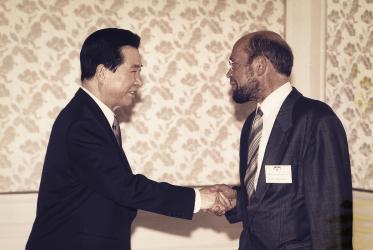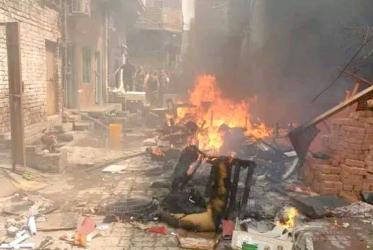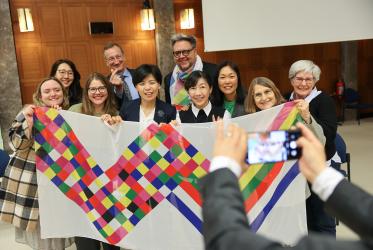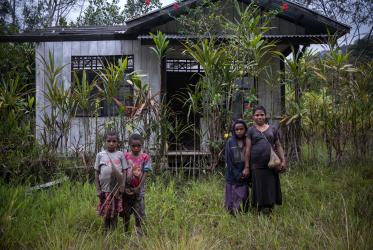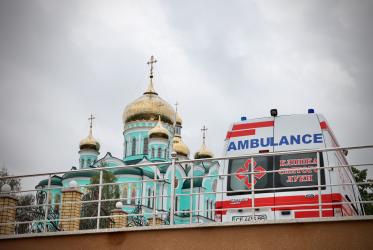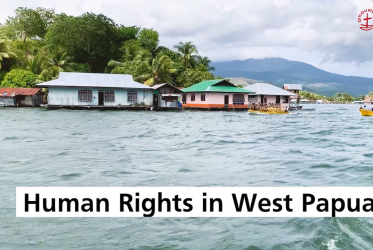Displaying 1 - 20 of 23
Ukraine: Responding to humanitarian need
08 September 2022
Monastery in Ukraine responds to the consequences of war
09 August 2022
Lighting the lives of many
28 June 2022
WCC video interview describes human rights crisis in West Papua
13 January 2022
